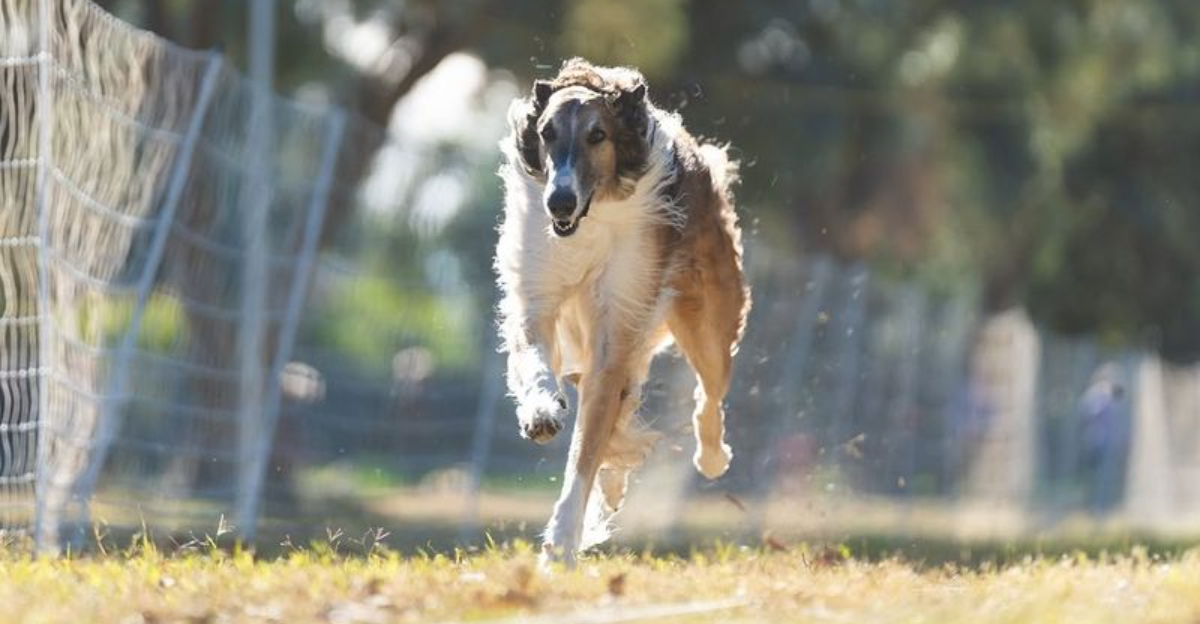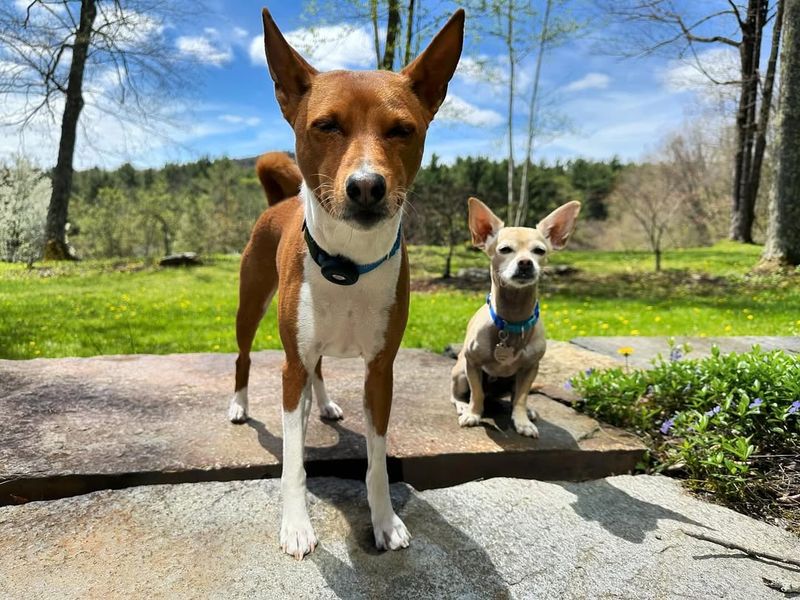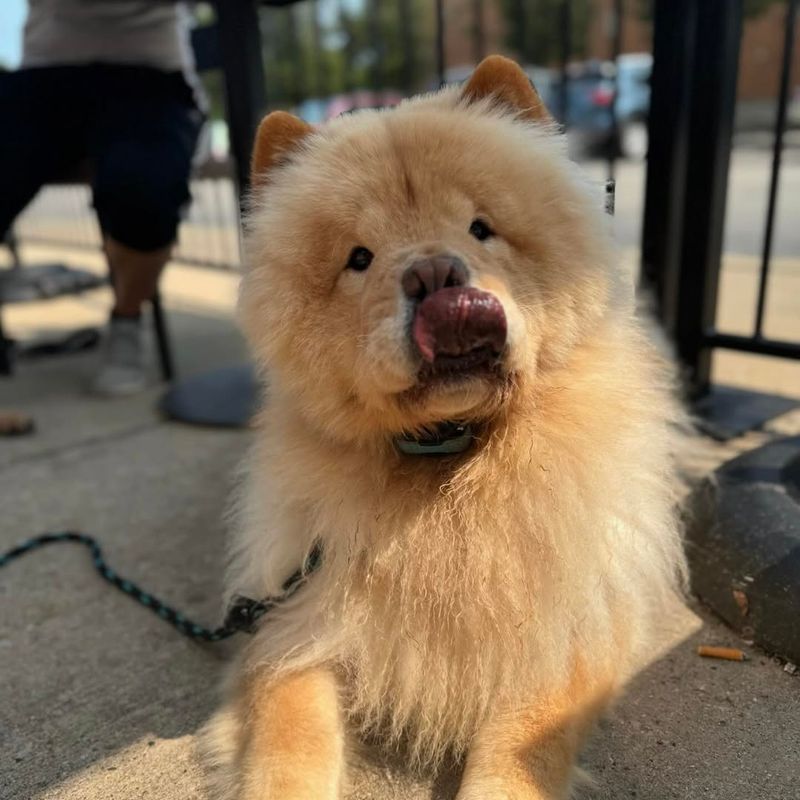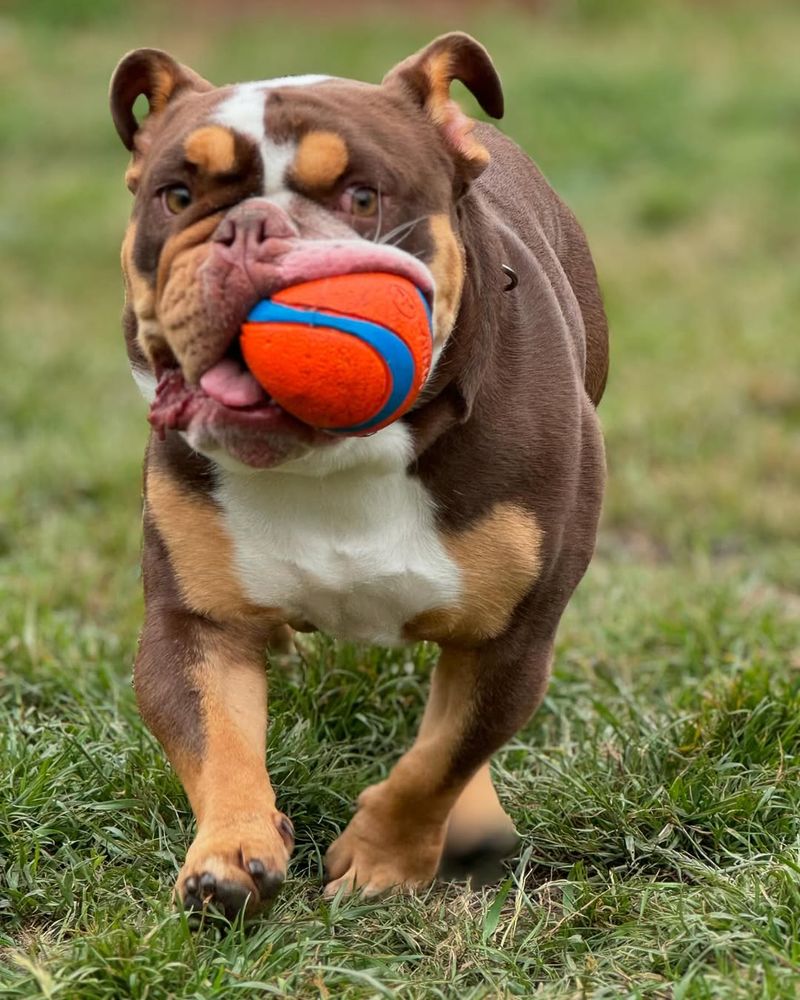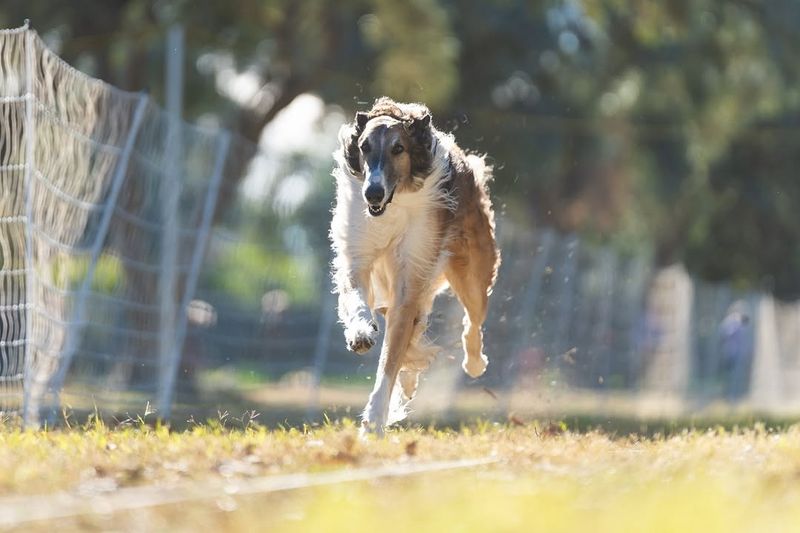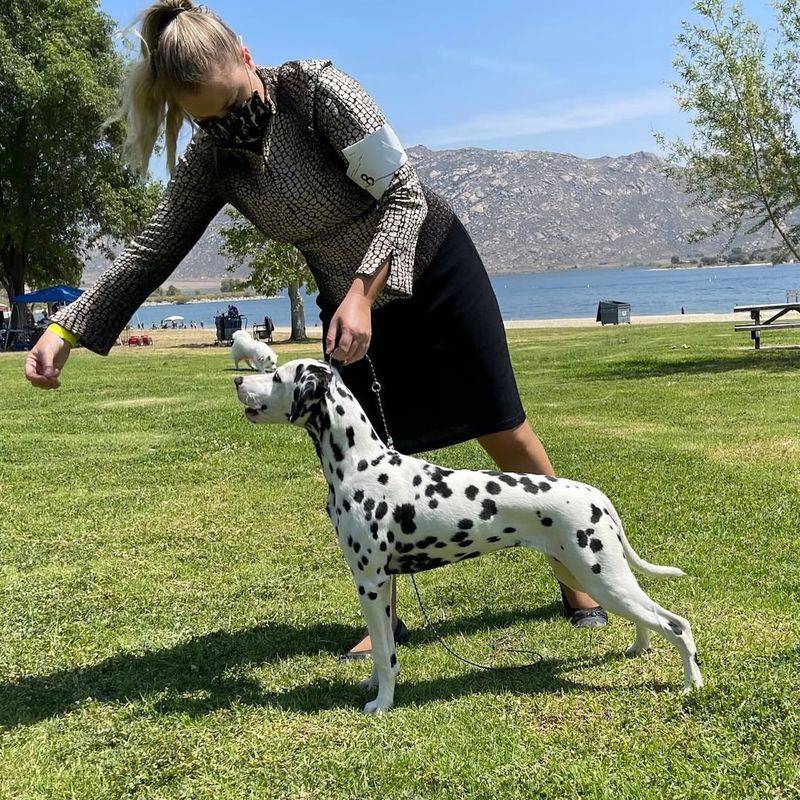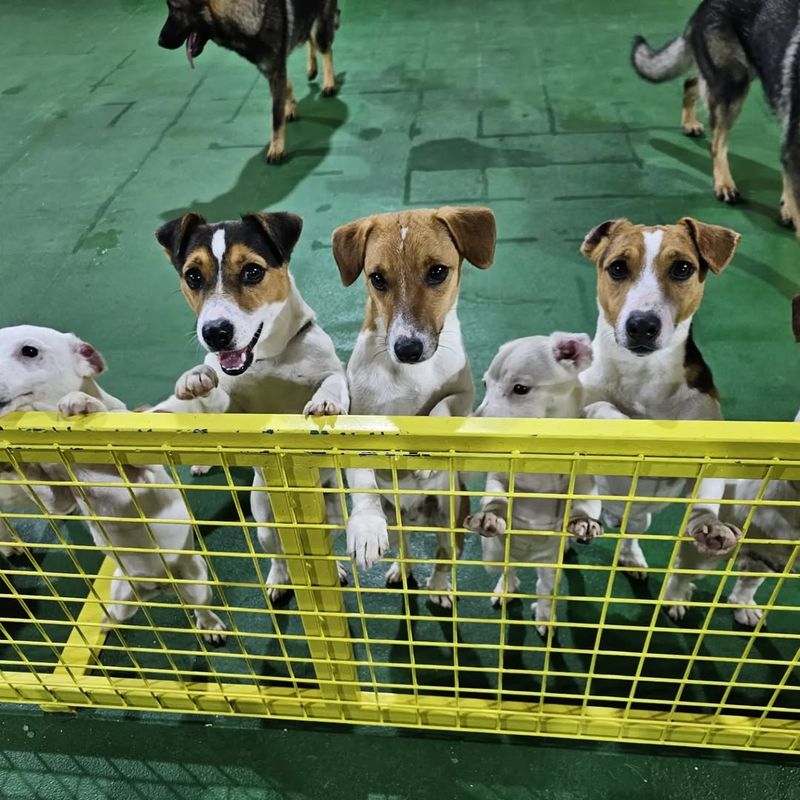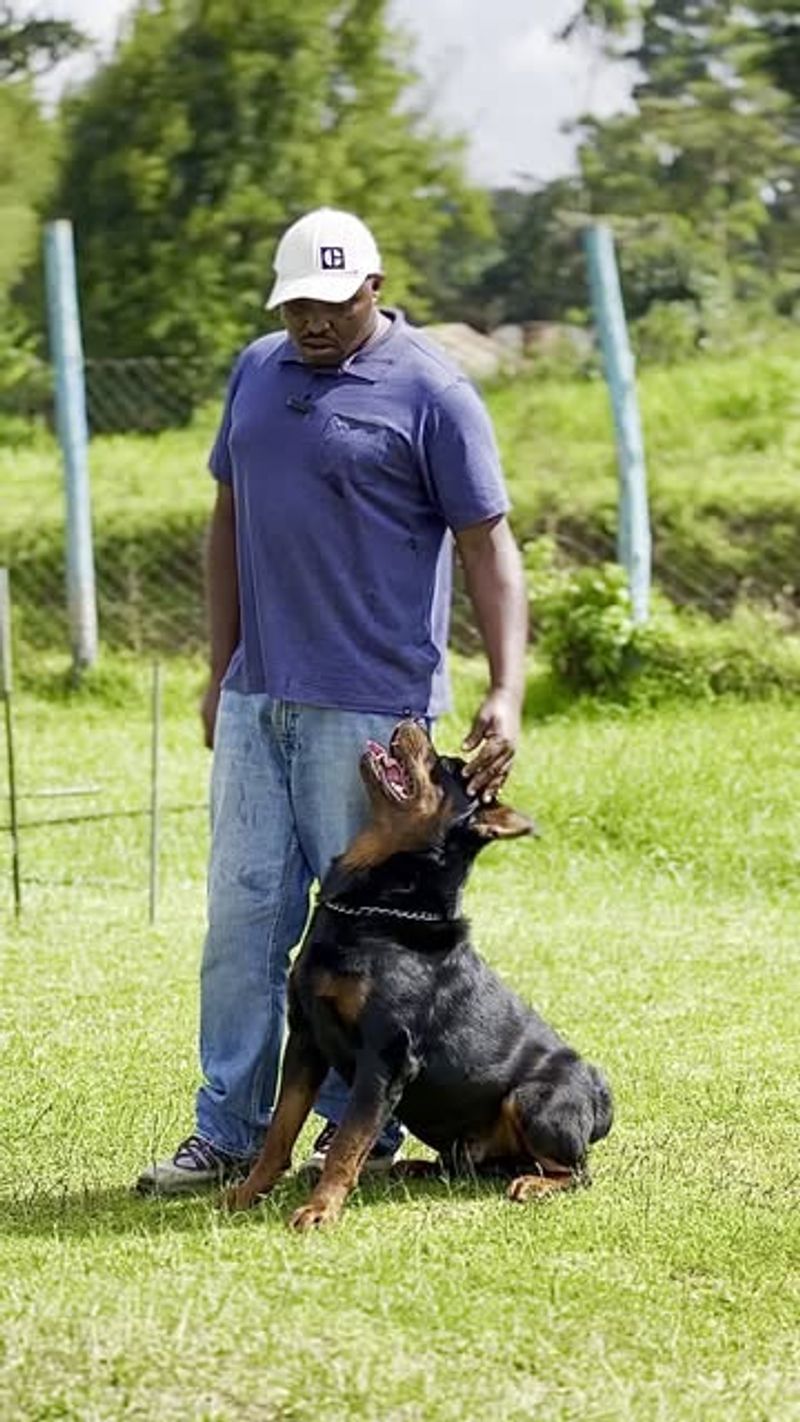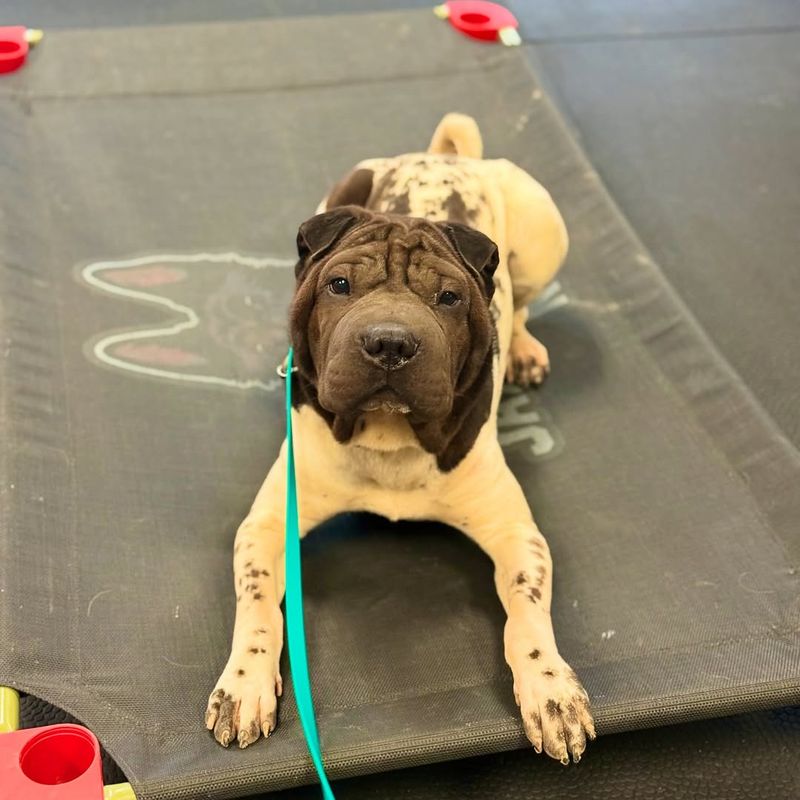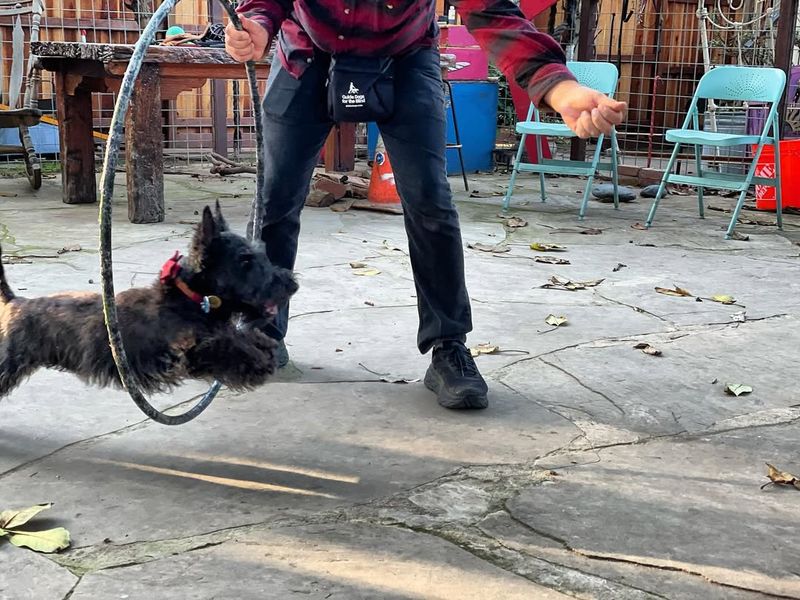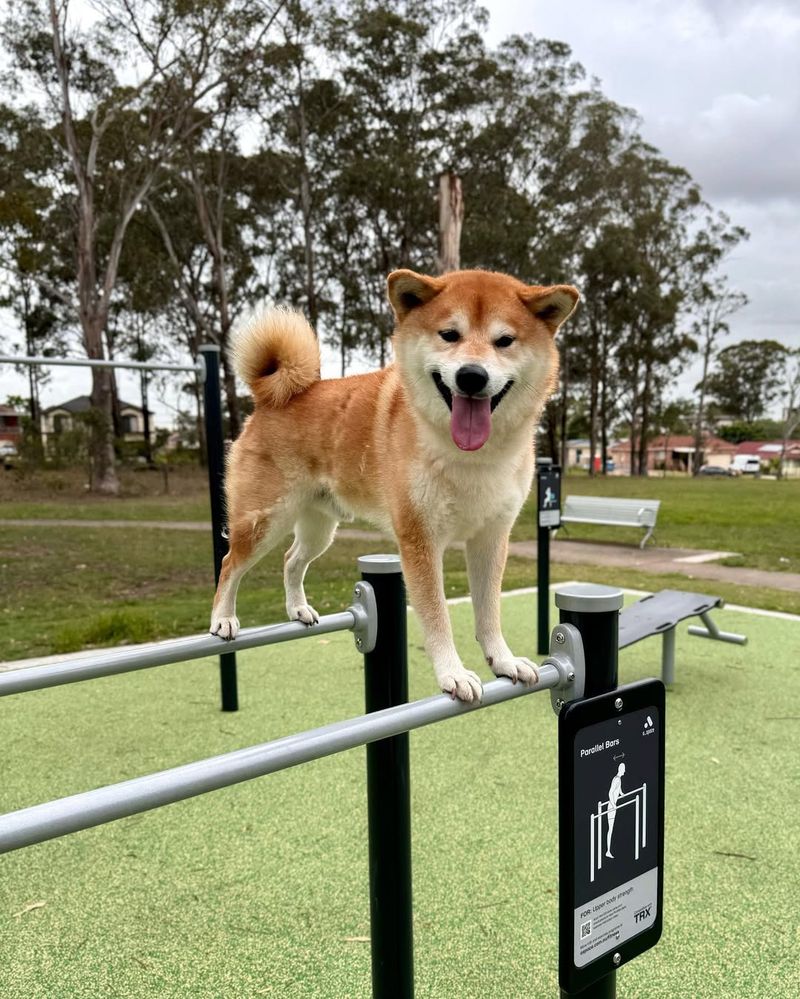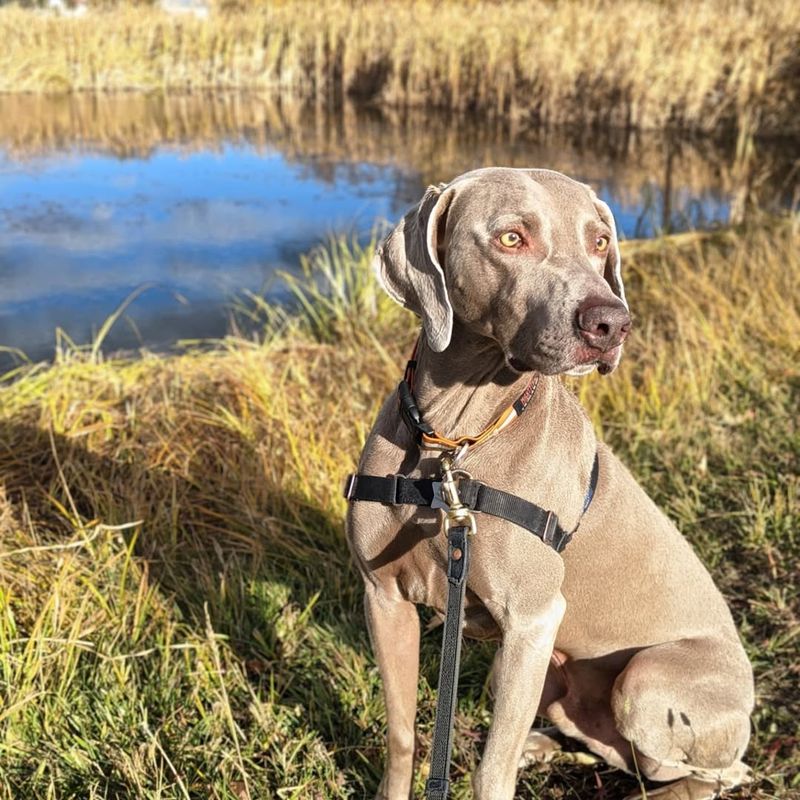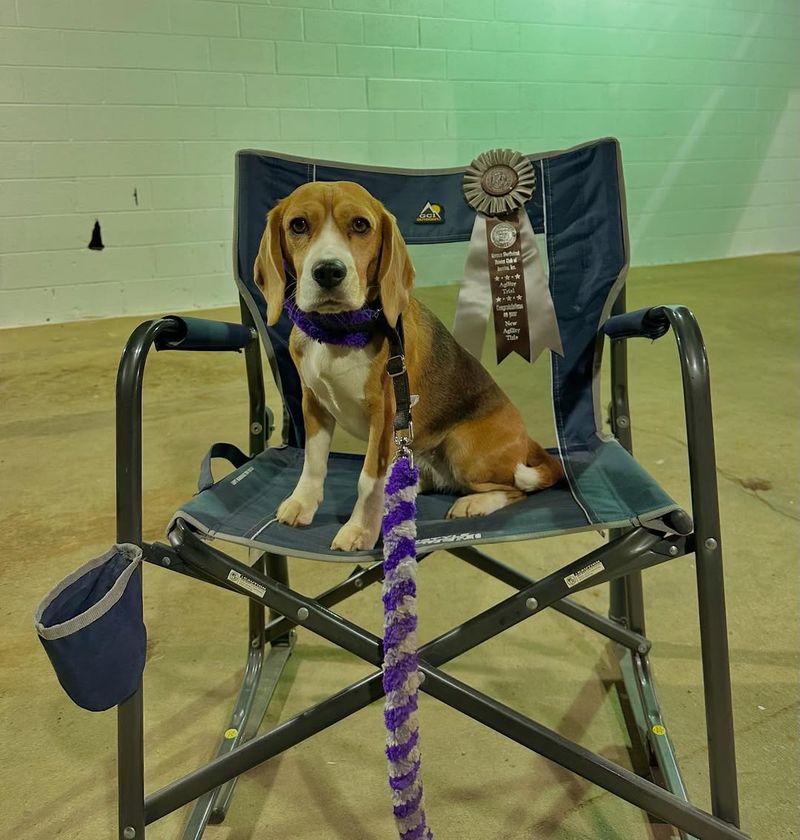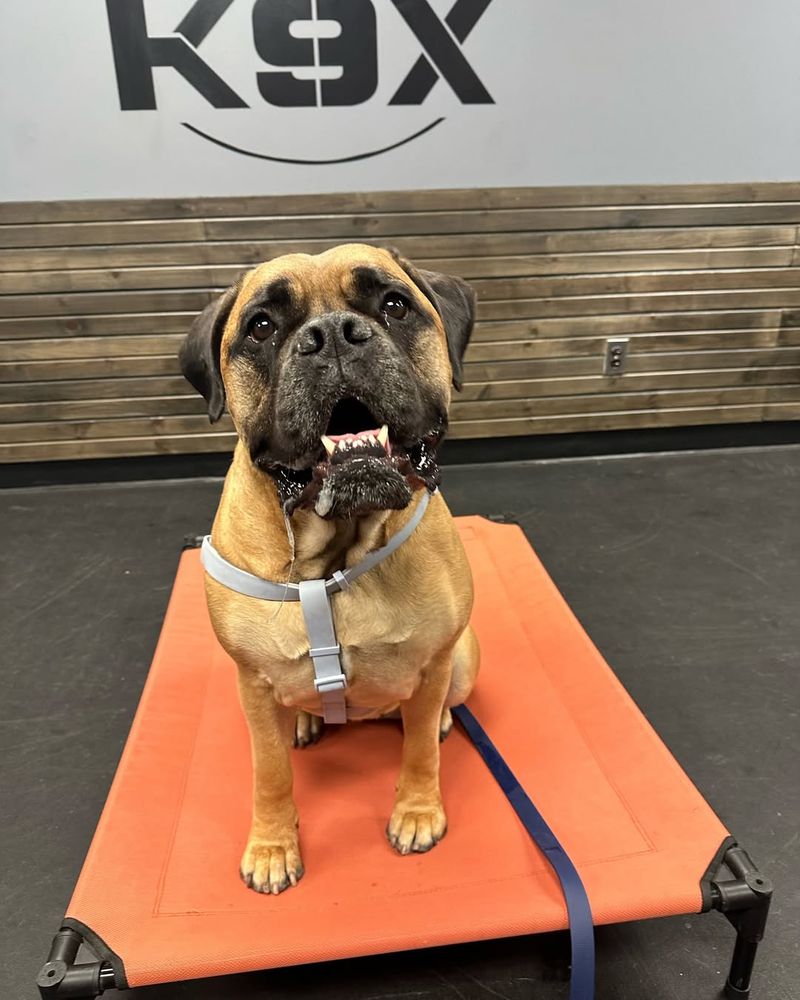Training a dog can be a rewarding experience, but not all breeds are easy to teach. Some breeds come with a reputation for being particularly stubborn, independent, or strong-willed, making obedience training a more challenging endeavor. Whether you’re a first-time dog owner or an experienced handler, understanding which breeds might pose training difficulties can save you time, effort, and frustration. This list explores 20 dog breeds known for their training challenges, providing insights into their unique temperaments and the hurdles you might face.
Afghan Hound
The Afghan Hound is renowned for its independent nature, making it a challenging breed to train. Known for their aloof personality, these dogs often prefer doing things their own way, which can be frustrating for owners seeking obedience. Patience and consistency are key when working with this breed. Despite their stubbornness, Afghan Hounds are sensitive and respond best to gentle training methods. Harsh techniques are likely to backfire, leading to even more resistance. The key to success with an Afghan Hound is to keep training sessions fun and rewarding, tapping into their playful side.
Basenji
Basenjis are often described as cat-like due to their curiosity and independence. Their stubborn streak means obedience training is not their strong suit. These dogs are intelligent but easily bored, making short, varied training sessions essential. Owners must be creative, using games and rewards to keep a Basenji’s interest. Socialization from a young age is crucial to prevent stubborn behaviors from becoming ingrained. While Basenjis seldom bark, their vocalizations can be surprising. Understanding their unique communication style is part of the challenge and charm of owning this breed.
Chow Chow
Chow Chows are known for their strong-willed nature and aloofness towards strangers. This breed requires a handler who can establish leadership without harshness. Training a Chow Chow demands patience, as they are not naturally eager to please. Consistent, positive reinforcement techniques work best, helping to build trust and respect. Socialization is crucial for Chow Chows to ensure they become well-rounded companions. Their strong protective instincts can be managed with early training, allowing them to thrive in a family environment. Despite the challenges, Chow Chows are loyal and loving to their families.
Bulldog
Bulldogs might be lovable and laid-back, but training them can be a test of patience. Their stubborn nature makes them notorious for ignoring commands, especially if they don’t see the point. Consistency and positive reinforcement are key strategies for success. Bulldogs respond well to treats and praise, turning training into a rewarding experience. While they may not learn quickly, repeated practice and encouragement yield results. Understanding a Bulldog’s motivation is essential—they often need a compelling reason to participate in training. With persistence, Bulldogs can be trained successfully.
Borzoi
Borzoi dogs, with their elegant appearance, also possess an independent spirit. Known for their cat-like personalities, they may choose to ignore commands unless there’s something in it for them. Training requires creativity, using varied and engaging methods to capture their interest. Borzoi’s sensitivity means harsh training techniques are counterproductive. Instead, gentle encouragement and patience are vital. Their athleticism and intelligence can be harnessed with activities that stimulate both mind and body. While challenging, training a Borzoi can be a rewarding experience for those willing to invest the effort.
Dachshund
Dachshunds are small dogs with big personalities, often displaying a stubborn streak. Their hunting heritage means they can be independent and single-minded, especially when following a scent. Training a Dachshund requires patience and consistency, breaking tasks into small, manageable steps. Positive reinforcement works best, using treats and praise to encourage good behavior. Given their intelligence, Dachshunds can become bored easily, so training should be kept varied and interesting. Socialization is equally important, helping them adjust to new people and environments. With perseverance, Dachshunds can become delightful companions.
Dalmatian
Dalmatians are known for their boundless energy and intelligence, which can make training a bit of a challenge. Their independent streak means they may decide to ignore commands if they see fit. To successfully train a Dalmatian, owners must be patient and consistent. These dogs thrive in environments where they are mentally and physically stimulated, making varied activities essential. Positive reinforcement, paired with plenty of exercise, helps keep them engaged. Socialization from a young age is crucial to curb any willful tendencies. With dedication, Dalmatians can be trained to be obedient and friendly companions.
Jack Russell Terrier
Jack Russell Terriers are full of energy and intelligence, often leading them to think they know best. Their independent nature can pose a challenge during training sessions. Consistency and creativity are vital when teaching a Jack Russell. These dogs require an outlet for their energy, making activities like agility training a great option. Positive reinforcement, using toys and treats, keeps them motivated. Due to their strong prey drive, recall training is essential to prevent chasing after small animals. With time and patience, Jack Russells can become well-mannered and energetic companions.
Pekingese
The Pekingese, with its aristocratic air, often comes across as stubborn and independent. Training this breed requires patience and consistency. Known for their loyalty, Pekingese may choose to follow commands only when they feel like it. Positive reinforcement, using gentle encouragement and rewards, works best. Due to their stubbornness, training should be approached with creativity, keeping sessions short and engaging. Socialization is crucial for helping Pekingese adapt to new situations and people. With persistence and understanding, these dogs can be trained, rewarding owners with their loving and devoted nature.
Rottweiler
Rottweilers are intelligent and strong-willed, making them a challenge for inexperienced trainers. They require firm, consistent leadership and positive reinforcement. Early socialization is crucial to ensure they grow up to be confident and well-behaved. Rottweilers respond well to structured training sessions that keep them mentally and physically engaged. Harsh training methods can lead to stubbornness, so patience and understanding are essential. With proper training, Rottweilers can be loyal guardians and companions. Their protective nature is a trait that can be managed with guidance, resulting in a well-mannered and affectionate pet.
Shar Pei
Shar Peis are known for their independence and aloofness, traits that can make training a challenge. These dogs require a trainer who can establish authority with kindness and patience. Early socialization is essential to prevent suspicion towards strangers. Positive reinforcement, coupled with consistent routines, helps in training Shar Peis effectively. Their stubborn nature means they need motivation to follow commands, often responding well to treats. Understanding their unique temperament is key to successful training, transforming them into well-adjusted family pets. Shar Peis are loyal to their families and can be trained with dedication.
Siberian Husky
Siberian Huskies are known for their intelligence and independence, often making them a training challenge. Their strong-willed nature means they can be difficult to control without firm guidance. Consistent, positive reinforcement is crucial when training Huskies. These dogs have a high energy level and need plenty of exercise, which should be incorporated into training. Huskies are famous escape artists, so training should focus on recall and boundaries. Socialization is important to ensure they are well-behaved with other animals and people. With dedication and patience, Huskies can be trained to be obedient companions.
Scottish Terrier
Scottish Terriers, with their dignified air, are also known for their independent streak. Training a Scottie can be a test of patience, as they are often determined to do things their own way. Positive reinforcement and consistency are key in training these dogs. While they are intelligent, Scotties require motivation to follow commands, often responding well to treats and praise. Socialization is equally important, helping them adjust to various environments and people. With persistence and understanding, Scottish Terriers can be trained to be delightful companions, showcasing their unique personalities.
Shiba Inu
The Shiba Inu is known for its bold, spirited nature, often making training a challenging endeavor. These dogs are highly intelligent but also independent, sometimes choosing to ignore commands. Consistent, positive reinforcement works best, using treats and praise to motivate them. Shiba Inus require early socialization to prevent them from becoming overly aloof or suspicious. Their strong prey drive means recall training is essential to keep them safe. With patience and creativity, Shiba Inus can be trained to be obedient, showcasing their charming and spirited nature as loyal companions.
Weimaraner
Weimaraners are intelligent and energetic, requiring a firm hand during training. Their independent nature can lead to stubbornness if not managed correctly. Consistent, positive reinforcement is crucial for training success. These dogs need plenty of physical and mental stimulation, integrating exercise into training routines. Weimaraners are known for their strong attachment to their owners, which can be leveraged to encourage good behavior. Early socialization is important to prevent overprotectiveness. With dedication and structure, Weimaraners can be trained to be obedient and loving companions, thriving in active households.
Yorkshire Terrier
Yorkshire Terriers may be small, but they possess a big personality and a strong will. Training a Yorkie requires patience and persistence, as they can be stubborn at times. Positive reinforcement works best, using treats and praise to motivate them. These dogs respond well to training that is structured and consistent. Socialization is important to help them adjust to various environments and people. Yorkies are intelligent and curious, so training should be kept interesting to prevent boredom. With dedication, Yorkshire Terriers can be trained to be obedient and delightful companions.
Beagle
Beagles are known for their curious nature and strong sense of smell, traits that can make training challenging. Their independent streak and determination require patience and consistency from owners. Positive reinforcement, using treats and praise, is effective in encouraging good behavior. Beagles need a variety of activities to keep them engaged, as they can become bored easily. Socialization from a young age is crucial to prevent unwanted behaviors. While training a Beagle can be demanding, with persistence and understanding, they can become obedient and loving companions.
Bloodhound
Bloodhounds are renowned for their incredible sense of smell, often making training a challenge due to their focus on scents over commands. These dogs require a patient and understanding trainer who can keep them engaged. Positive reinforcement works best, using rewards to motivate them. Consistent training routines are essential, as Bloodhounds can be stubborn and easily distracted. Socialization is important to help them adapt to various environments and people. With dedication and creativity, Bloodhounds can be trained, rewarding owners with their loyal and loving nature.
Bulmastiff
Bulmastiffs are known for their strength and protective nature, traits that can make training a challenge. These dogs require a firm and consistent handler who can establish authority without harshness. Positive reinforcement, using treats and praise, is effective in encouraging good behavior. Early socialization is crucial to prevent overprotectiveness and ensure they are well-behaved with other animals and people. Bulmastiffs need structured training sessions that keep them mentally and physically engaged. With dedication and patience, Bulmastiffs can be trained to be obedient and loving companions, thriving in family environments.
